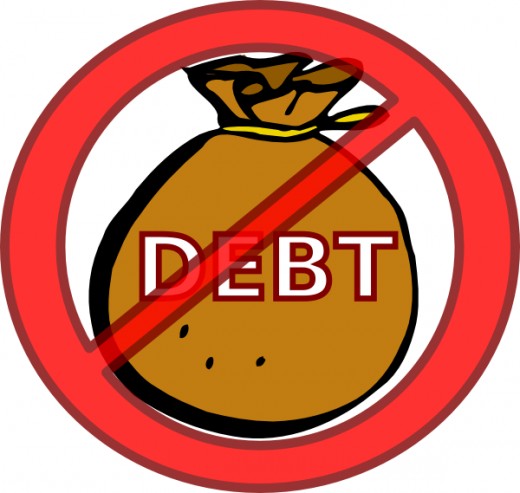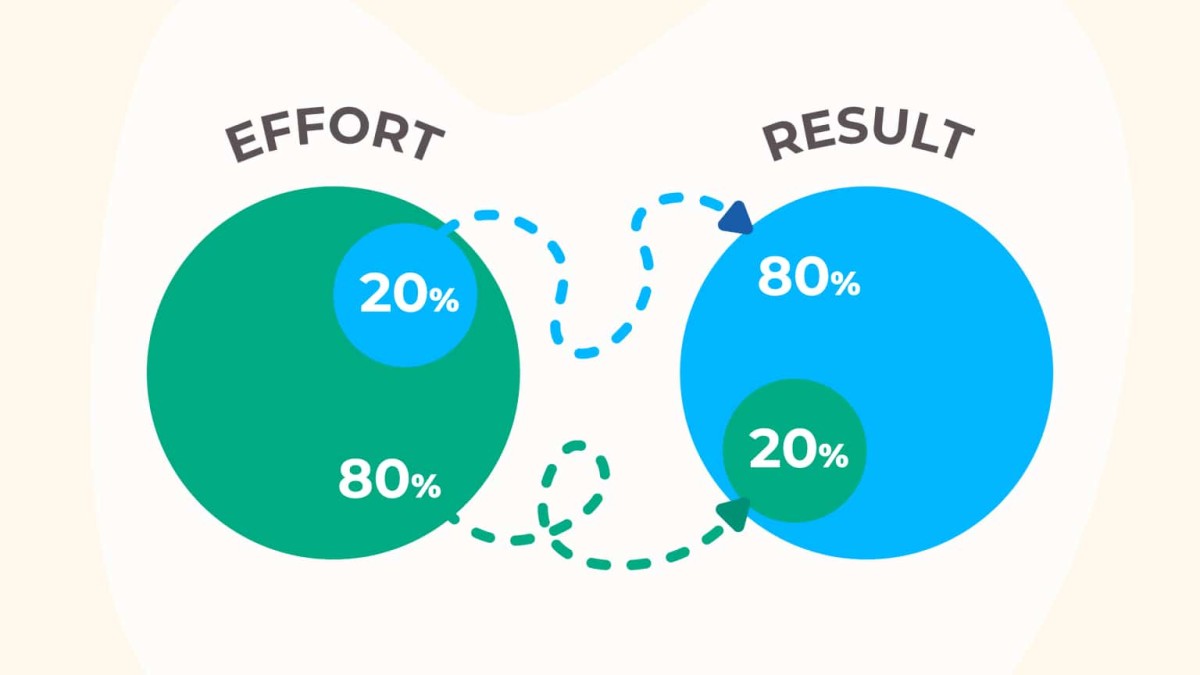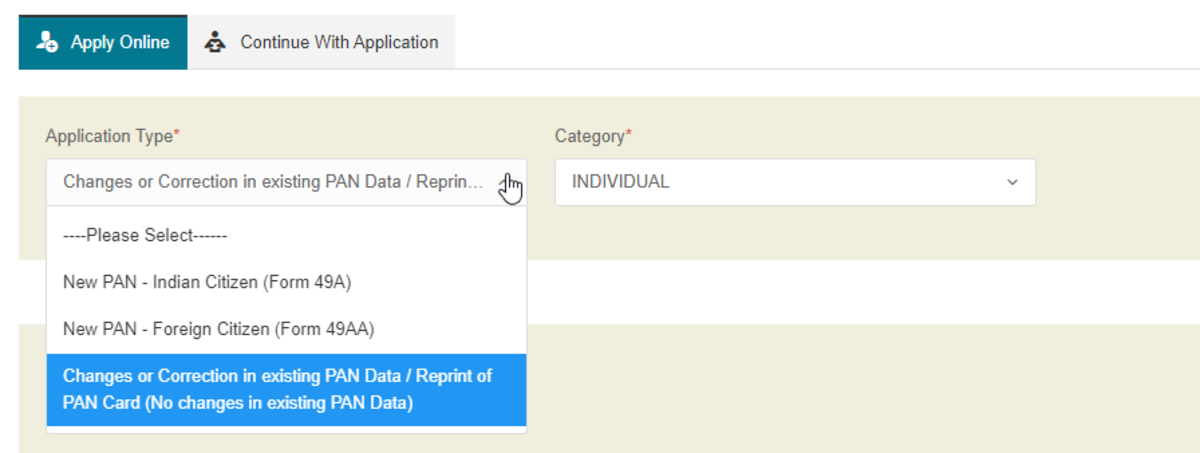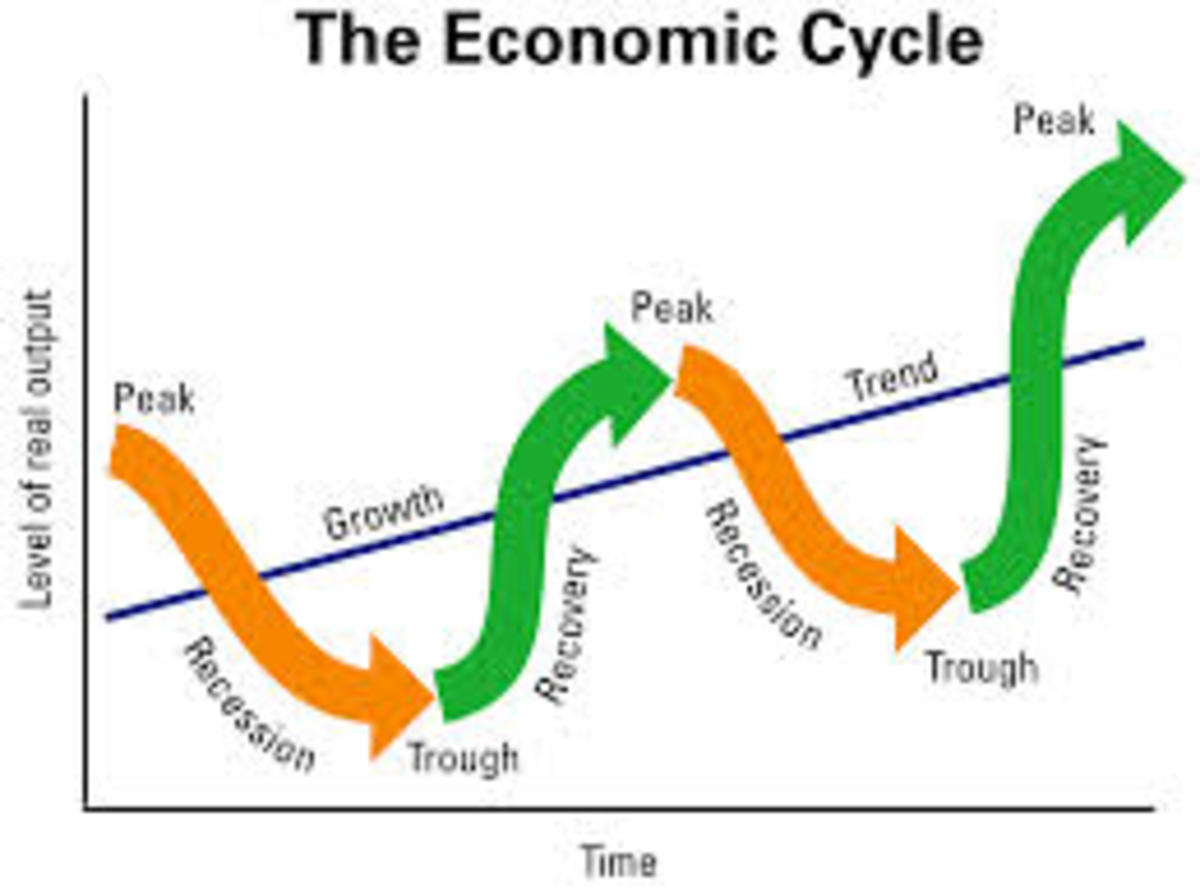The Importance of Financial Education
My Inspiration
Growing up in a house where money was not an issue I had a privilege that I was unaware of. I work for my money just like anyone else, but I have my parents to help me through life experiences such as attending university. Ultimately, the money I work for becomes my own that I willingly spend on random escapades. Debt was a concept that never even crossed my mind until I began my favourite novel series: Confessions of a Shopaholic. It suddenly became clear to me how simple it is to throw your money away until you find yourself stuck in a cage with bills surrounding you. While I was in grade eleven, I only received a short unit about personal finance; therefore, I hardly have any concept on the subject of paying taxes, working with budgets, or maintaining and paying bills. The issue is that schools provide nearly no education about the topic of personal finance. School is about educating children on matters that will benefit them in their future. If the education system deems chemistry, biology, or algebra as important subjects for children to know, why is personal finance hardly considered? The lack of education that schools provide about personal finance can ultimately lead to a personal economic downfall for people in their adult years.

My Story
I had stated earlier that I get caught up in shopping adventures from time-to-time, without debating the consequences of spending. Although my parents explained to me the importance of saving, school never touched on the subject. When I got my first job, I was excited about the income going into my bank that I began to spend my money. From the point I began to spend my own money it seemed as though I began to spend more every year. My best friend, a fellow shopping lover, and I would go on daily trips to the mall to see what was new for the season, and of course, we stocked up. When I began to read the novel Confessions of a Shopaholic, I started to notice similar patterns with the protagonist’s experiences with my own. The protagonist, Rebecca Bloomwood, loved to shop, and she shopped until she was thousands of dollars in debt. Although I never use my own credit card, spending with your interact card can do just the same. While reading I was reminded of one specific part in the novel where Rebecca thinks, “Ok. Don't panic. Don't panic. It's only a VISA bill. It's a piece of paper; a few numbers. I mean, just how scary can a few numbers be?” (Kinsella 138). Rebecca’s story influenced me to tally up my recent expenses, and believe me, I was shocked. Left in my account was a sad $250.00 where only eight months earlier I had about $4000. Devastated from learning this, I began to panic and decided I needed to change my ways. It occurred to me how easy it is to spend without realizing how much you are spending and how much you have lost. Although I take full responsibility, I also have a belief that if school had a personal finance class which taught me the importance of saving and the possibilities of debt, I may have figured out earlier not to blow every dollar I earn.
Recently, I have considered many situations that I have come across which have been difficult because of my non-existent knowledge about finance. The first memory that comes to mind is the time I started my job as a program coordinator. To be a program coordinator means I am planning various events. Trust me, booking special guests for events is not always free, or cheap. This was the first time in my life that I was given a budget to work off of, and I had no clue how to work with my given budget. I was given budgets for decorations, for special guests and activities, and for materials needed throughout the summer and I had no idea where to even start. My memory of my first time working with a budget reminds me of Kinsella’s novel because Rebecca is a journalist for a financial magazine. Since Rebecca clearly has issues with her own finance, she has no idea how to write about finance or what financial terms even mean. Kinsella’s main character reminds me a lot of myself. If I was given education on personal finance, perhaps I would have been able to figure out how to work with budgets and create excel sheets beforehand.
Another difficulty that I face, because I was not taught the simplicities of personal finance, is paying a bill. I have never paid a cell phone bill, an electricity bill, a hydro bill, or even a rent bill. From kindergarten to grade twelve, I was never exposed to the world of finance and bills, school hardly touched on the subject. Therefore, I have no concept on how to do something as simple as paying a bill. It is a possibility that if I had been taught about bills and finances in school, I would not receive a bill and pass it along to my mother to help guide me through the process. Schools need to teach more about personal finance, especially about taxes and bills, so that children can grow up and not struggle with their own personal finance in their adult years.
Why Should We Educate Children about Finance?
A current issue in many countries is household debt. In Canada, the Global News wrote an article which discusses the rise in household debt where one dollar and sixty-three cents is owed for every dollar of disposable income (Psadski). Perhaps if people were taught about personal finance and savings in school, they would know how to prevent situations such as debt. A text written by Margeret Clancy, Michal Grinstein-Weiss, and Mark Schreiner states that, “Savings provide the economic security of a safety net. By transferring resources from the present to the future via savings, individuals are prepared to face unexpected and irregular financial circumstances” (3). If what they state is true, why is no one given this information? Why was I not given savings information in school? If the people had knowledge about savings, then I believe household debt would not have risen so high. Household debt is something I fear of happening in my future and want to avoid. Issues like the rising household debt crises cause me to question why personal finance studies is still not introduced to schools. If people become aware of personal finance, savings, and debt, then there is a possibility that less people will face financial issues like Rebecca in Kinsella’s novel.

Final Opinion
After researching and thinking about the topic of personal finance in my own life, I have come to the final decision that I truthfully know nothing when it comes to savings, budgets, taxes, and bills. I took the liberty of reading through a finance book which taught me ideas to help me learn to save and budget. The part that stands out to me the most is, “It is important to teach a child the value of delaying purchases for things, not impulsively buying just because someone wants it” (Tucci 250). Tucci’s delaying lesson is now a lesson I have taken in my own hands. Before, my eyes would wander through a store and grab what I wanted, and I admit, sometimes I even purchased without checking the price tag. My ignorance has caused me to lose a lot over the years: money I could have been saving for university, finance lessons that could have allowed me to not be so dependent on my parents, and maturity for being intelligent with my purchases and making the right decision. I believe that I would not have lost so much if I had been introduced to personal finance in high school. But since I was not, my new motto when shopping is one that I picked up from Kinsella’s protagonist which is to hold the item I wish to buy in my hand and ask myself, “Do I really need this?” (163) and most of the time that I will ask myself that, I now know what the answer will be, or at least should be. If countries taught people personal finance growing up, as they all should, then maybe society could avoid the burning pits of debt that people now have been exposing themselves to.









